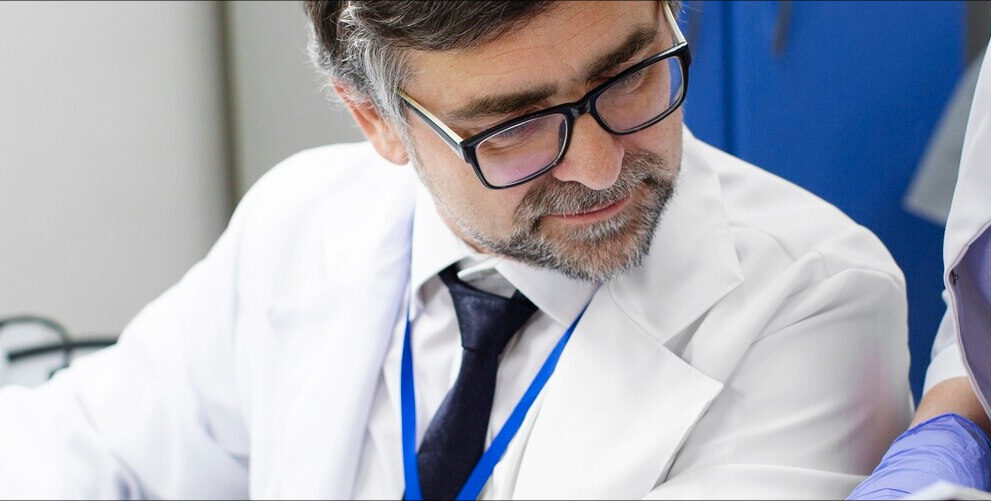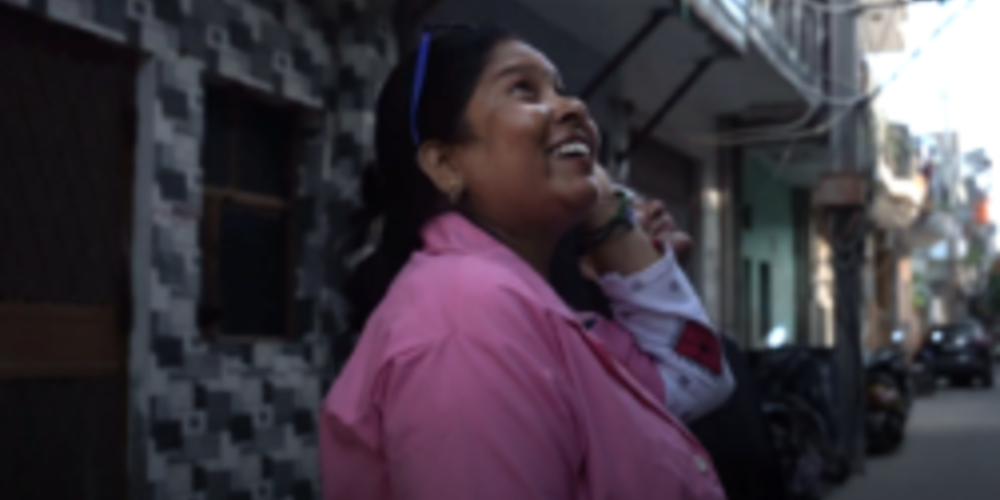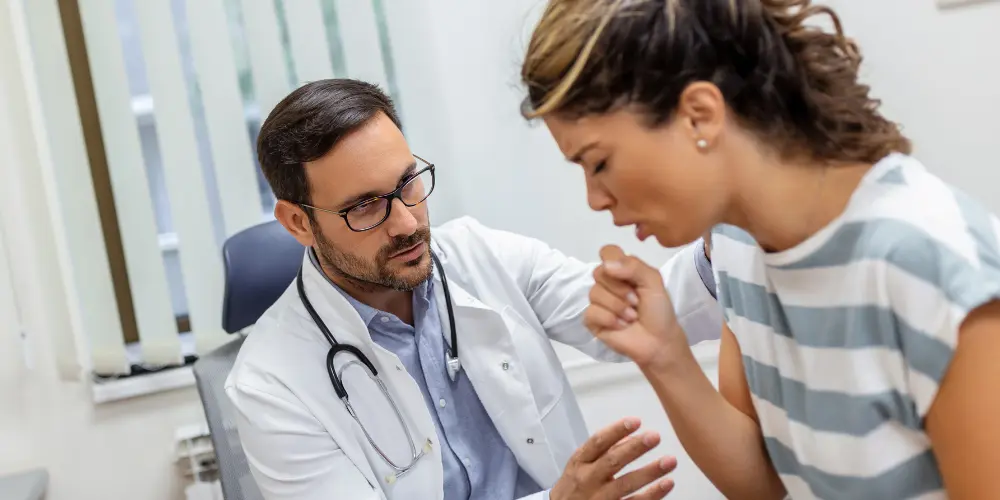New WHO action plan aims to make clinical trials fairer and more inclusive
From digital tools to diverse participant groups, the WHO plan reimagines clinical trials for a fairer future
Author
Author
- admin / 8 months

- 0
- 2 min read

Author
The World Health Organization (WHO) has launched a new Global Action Plan for Clinical Trial Ecosystem Strengthening (GAP-CTS), aiming to improve clinical trials worldwide. The plan focuses on making trials fairer, more inclusive, and better suited to local needs, especially in low- and middle-income countries (LMICs).
This comes after WHO’s 2024 guidelines for clinical trials and tackles issues like limited funding, poor trial planning, and the exclusion of groups like pregnant women and children. “Reformed research and clinical trial ecosystems will lead to more equitable access to research capacity, better trained workforces, and higher quality evidence that meets local population needs,” said Dr Jeremy Farrar, Chief Scientist at WHO.
WHO’s 9 steps to fix clinical trial systems
The GAP-CTS includes nine key steps to fix clinical trial systems. It pushes for faster, safer regulatory and ethical reviews, more funding for research in LMICs, and trial designs that include diverse groups. The plan also calls for better research facilities, training for researchers, and stronger community involvement to build trust. It promotes using digital tools for data collection, encourages global teamwork through WHO’s Global Clinical Trials Forum, and strengthens rules to protect trial participants.
The plan addresses major gaps in research. Often, trials in LMICs benefit wealthier countries, leaving local people without new treatments. The GAP-CTS wants LMICs to lead their own research to solve local health problems and integrate trials into everyday healthcare.
WHO is calling on governments, researchers, funders, and communities to support the plan. The GAP-CTS is intended for widespread usage and provides practical direction for individuals involved in prioritizing research funding, ethics oversight, patient and community involvement, regulation, and clinical research delivery, with the goal of creating sustainable and resilient ecosystems for high-quality clinical research.
The ultimate goal is to create resilient, high-performing ecosystems that enable ethical, inclusive, and high-quality clinical trials worldwide.
Also read: WHO Nations Reach Deal on Pandemic Treaty Draft










